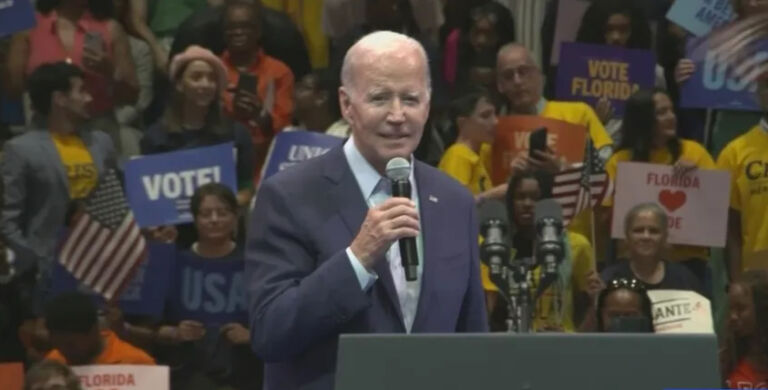Christmas came early this year for Coloradans. Yesterday’s Denver Post read: “single filers will get $400 and joint filers will get $800 this summer in money the state must refund as a result of the voter-approved Taxpayer’s Bill of Rights.”
In Colorado, a Taxpayer’s Bill of Rights (TABOR) limits growth of government spending. The money that exceeds the set cap is refunded to taxpayers. At its core, TABOR is a necessary fetter on government metastasis.
The money returned to taxpayers was their money in the first place. Moreover, the refund is a welcome relief to offset some pressures of runaway inflation.
Colorado is a testament to TABOR’s effectiveness. TABOR kept Colorado’s state spending in line with inflation and population growth. In the decade following TABOR’s installment, private sector job growth nearly doubled its pre-TABOR rate. Per-capita incomes rose, along with per-capita gross state product, at rates significantly exceeding national averages.
In North Carolina, the state House and Senate proposed S.B. 717 and H.B 709 last year to protect taxpayers using TABOR. In the Senate bill, the limit on growth of state spending would be measured using the average of the three trailing fiscal years of inflation and population growth. Using the three trailing years offers a smooth, but realistic, growth trajectory. The bill would use the GDP deflator as reported by the U.S. Bureau of Economic Analysis to calculate inflation growth – a more stable indicator than the Consumer Price Index.
In essence, North Carolina’s state budget growth has been limited to a pace in line with population growth and inflation, thanks to conservative budgeting. Exercising this restraint has made our monumental tax reform possible and better prepared us for the economic downturn following Covid.
Cementing TABOR into North Carolina’s constitution, however, would ensure the future taxpayer dollars of hard-working North Carolinians are well stewarded.
North Carolinians deserve an opportunity like Colorado. Lawmakers should enshrine common sense spending caps in the Tar Heel State.


